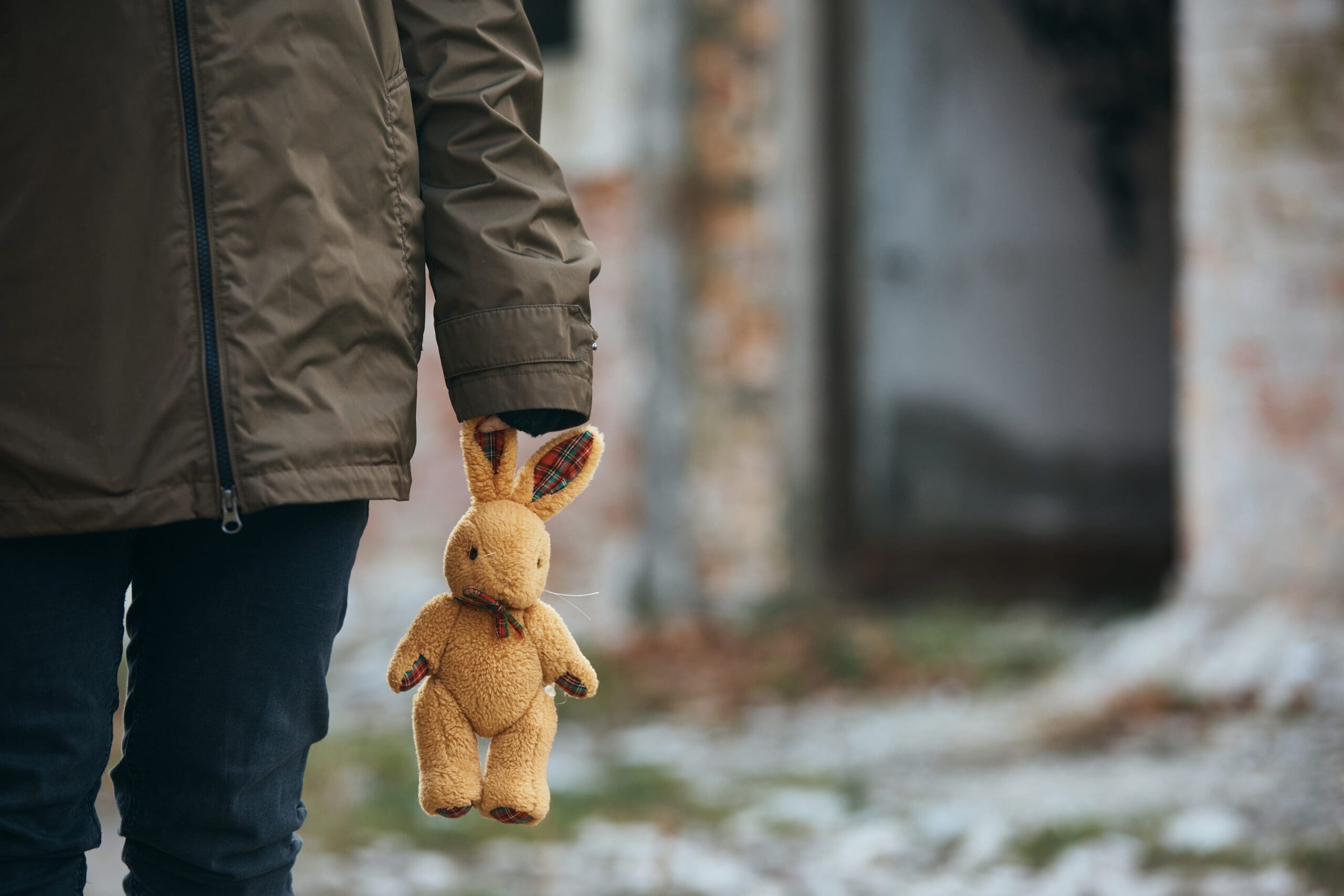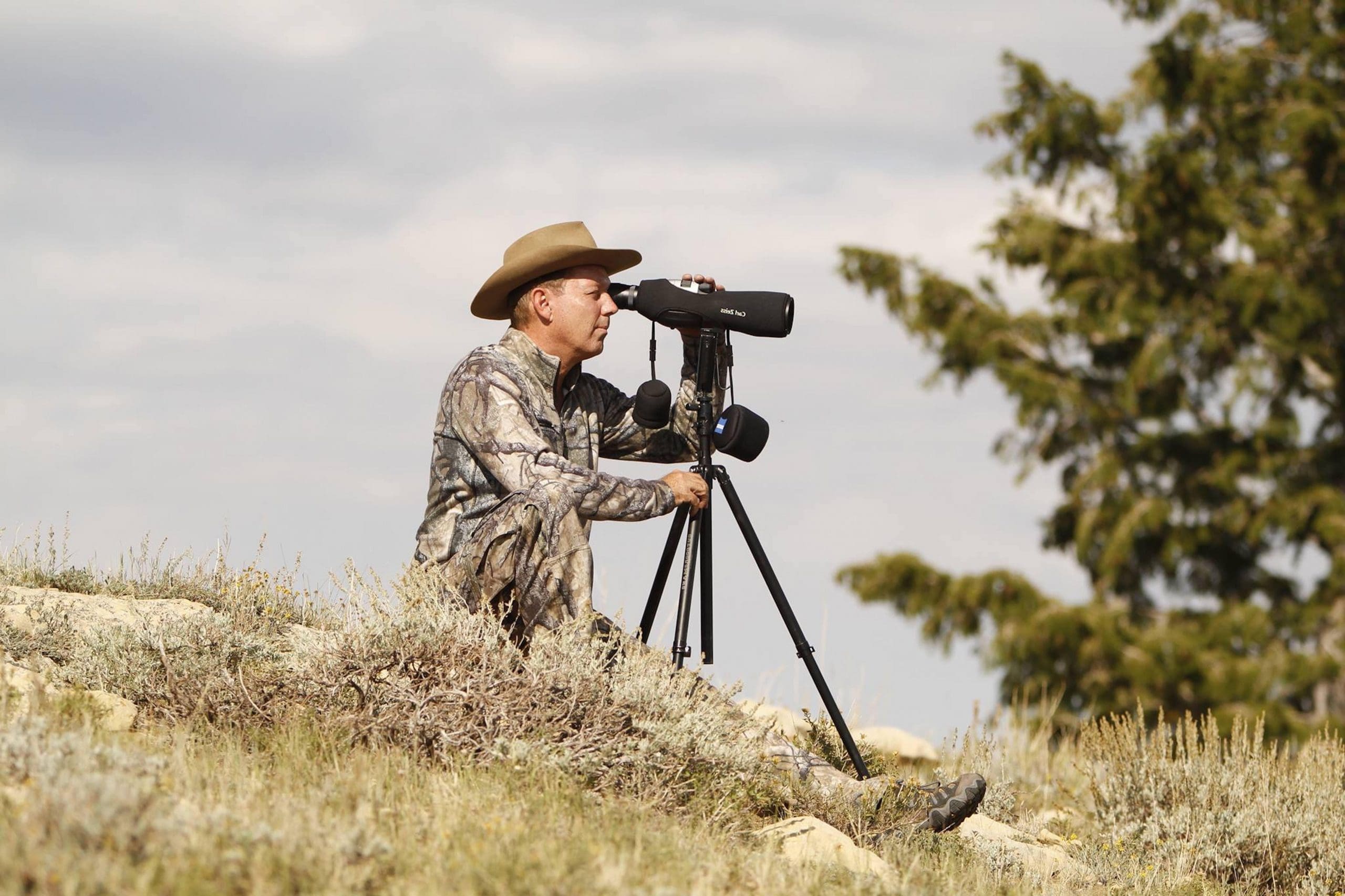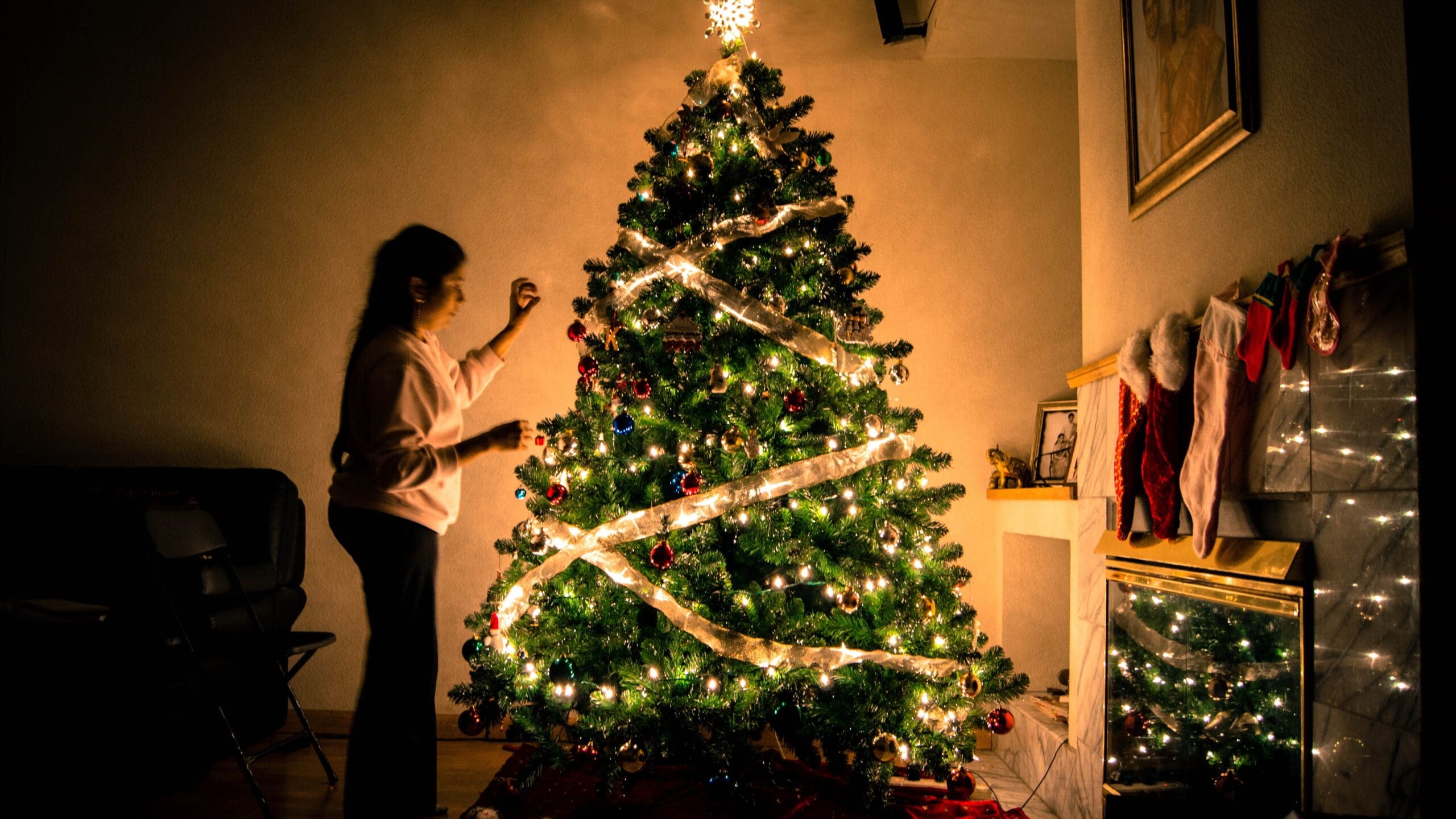The life of a refugee is incredibly complex. It takes enormous strength and courage to make a life-altering decision to flee your home country. I know because nearly three decades ago, my family and many of our friends fled the genocide in Bosnia. Most refugees carry deep trauma after witnessing the horrors of war. We sometimes even witness the loss of life or loved ones. After such profound loss, our uncertainty and fear about our journey into the unknown often feels overwhelming.
In just a couple of years, a refugee, at any age, has probably survived what most people will not experience in a lifetime. At the same time, refugees also mourn lost dreams, life goals, ambitions—their entire childhoods. Once they get to safety, they must start rebuilding their life from scratch while coping with grief, loss, post-traumatic stress, poverty—all while immersing themselves in a new culture, a new society, and a new language.
In my memoir, Luck Follows the Brave, I write the following about my experience as a teenager needing to translate and fill out endless application forms for my family and other Bosnian refugees:
When I came to the United States in May 1995, I spoke very little English. Most of what I learned was from a few years of middle school English classes in Bosnia. I also listened to Guns N’ Roses, the Doors, Aerosmith, the Cranberries, and the Beatles. Since I was the only one who could communicate in English even a little, my whole family relied on me to translate and fill out applications for Social Security cards, ID cards, jobs, welfare and food stamps. Our Bosnian neighbors soon asked me to help them fill out applications, too. My English quickly improved, mostly because I had no choice. I was immersed in a new culture with little assistance and many people relying on me to help them navigate the language.
I imagine for some it would be a dream-come-true to live in California, but arriving in Silicon Valley as a sixteen-year-old refugee felt more like a bad dream. I had been thrown out of an airplane without a parachute to crash-land in a foreign land and hit the ground running while making eggs and waffles for breakfast.
In my book, I also talk about the long-term effects war leaves on families, the importance of treating mental health conditions just like any other health condition, and the resilience and strength it takes to overcome extreme adversity.
By writing and publishing Luck Follows the Brave, my goal is to raise awareness about the refugee experience and how refugees contribute to the countries that take them in. I also intend to raise awareness about mental health issues, substance abuse, and domestic abuse. I want to inspire and encourage survivors to seek and receive help to create a healthy, abundant life for themselves and their families where they can thrive.



